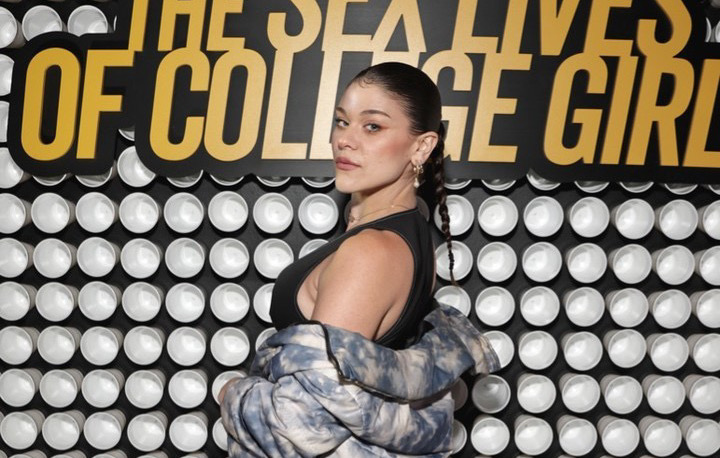Inclusivity for those with Learning Disabilities
Photo by Tima Miroshnichenko via Pexels
Do you know anyone with a learning disability or who has struggled with academically succeeding? Well, don’t be surprised because according to the Learning Disability Association of America, every one in five children has learning and attention issues.
Did you know that 94% of K-12 students who are on a specialized plan to help them academically succeed have accommodations but only 17% go on to secondary education, according to the National Center for Learning Disabilities? In addition, every 1 in 5 students have learning issues such as ADHD according to the Learning Disabilities Association of America.
Daffen Perez from Balance Now talks about the importance of diversity in education. Although she does not specifically talk about student learning disabilities, she highlights that including students with diverse and unique abilities creates increased performance and acceptance in any environment.
Similarly to what Perez touches upon, Tommy McCaffrey speaks about mentoring students with diverse backgrounds. A takeaway from his article is creating diversity in those who are teaching the students. For instance, implementing teachers with different backgrounds such as race and personality, addresses the importance of the teacher-student relationship. Hiring educators who can distinguish the needs of a diverse group of students, encourages a more inclusive teaching environment, inspiring students to succeed.
Students who struggle academically are at more of a risk of dropping out. In fact, differently abled students drop out of high school at nearly three times the rate of all other students. However, there is much hope for those struggling academically because of factors including early intervention and individual education programs (IEP). Many secondary schools are proactive about students who need extra help. Although there are numbers that show decreased enrollment in college settings, there are some who still apply to college campuses. For instance, those who undergo specialized instruction from their IEP, positively enhance their education experience. Even though there are high numbers of those who don’t attend college because of their academic struggles, there are those who do attend college despite all of it. Approximately 8.25% of students have been supported using IEP, giving them a positive outlook on getting further education.
Rachel Withers, the director at Student Facility Management Limited is a great advocate who brings about nurturing environments for students with academic obstacles. She gives her input on the importance of including multiple different learning styles. Her emphasis on creating a more open and inclusive classroom allows for greater acceptance overall.
Withers argues the importance of supporting those with academic struggles. She states three very important points: the first is to stop any stigmas, secondly create a variety of resources for different learning styles, and finally getting students to trust so that they open up about their needs.
Withers mentions the importance of students’ highest capability. She says, “The competitive nature of university can cause students to measure themselves against their peers which is counterproductive. Ask students what they truly need to succeed– be curious about what their wants and needs are. One thing we have recently implemented is a podcast which speaks on all facets of wellness and success, including academic, personal, physical, social, emotional, and mental.”
One important recommendation that Withers wants the readers to know is to view students as a whole including their dreams, challenges, and expectations. She says, “Instead of looking at students as a number, begin to recognize a student’s individuality and go beyond their academic obstacle.”
Kemp, Smith, and Segal quote “The important thing to remember is that most kids with learning disabilities are just as smart as everyone else.” In summary, learning disability is not a weakness, it is just a way of saying that their learning process is unique from the general students.
Everyone has a different way of learning, and the importance of having a variety of different ways to teach a lesson, or content is vital. Withers wants to emphasize the importance of uniqueness within each student; Every student is different. It is deeply worth the time to sit down and truly ask curious questions about what students need to feel supported. Have open and honest conversations about how to identify inequities and inefficiencies and give your team proactive tools to serve the students authentically and genuinely.
Because students come from all different walks of life, creating a sense of togetherness allows for a more encouraging classroom and environment!


